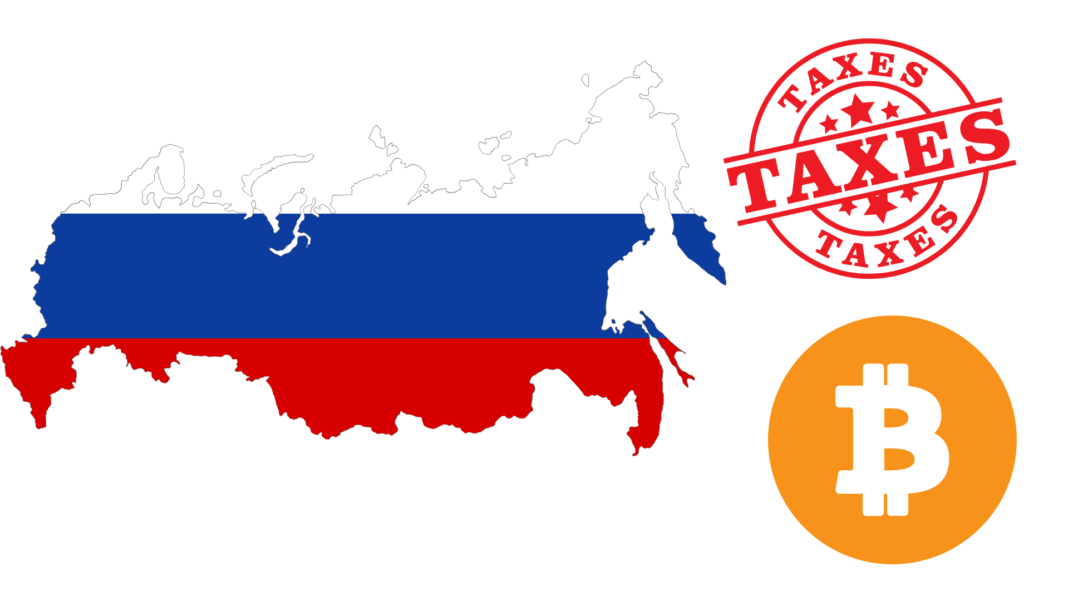A new 15% cryptocurrency tax has been introduced in Russia following a draft amendment to the tax code. The Ministry of Finance announced this proposal on Monday and it is intended to formalise taxing crypto mining and transactions.
The tweaks are an aspect of more extensive changes to direct the country’s developing digital currency area and follow updates on mining rules and exchanges.
Russia’s 15% Tax On Crypto Earnings
The draft legislation, as reported by Interfax, includes several key provisions. It suggests taxing income from mined tokens at their market value upon receipt. Miners will be allowed to deduct operational expenses, providing a balanced approach to tax calculations.
Additionally, cryptocurrencies will be classified as property for tax purposes, a move that ensures clarity in how digital assets are treated under the law. Among the most noteworthy aspects is the elimination of value-added tax (VAT) related to crypto transactions.
The highest proposed rate of personal income tax is 15%, so income from these transactions will be taxed along with income from securities. This method is consistent with the treatment of other financial instruments, providing uniformity and coherency in the tax code.
New Requirements on Mining Space
The updates to the amendments also include new requirements for operators of mining infrastructure. They will now have to report all customers using their facilities to the tax authorities.
However, the specifics of what operators are required to disclose within that timeframe remain unclear. If reporting deadlines are violated or if data is not provided on time, fines of up to 40,000 rubles ($417) will be imposed to ensure compliance.
Since November 1, Russia has formally permitted crypto mining for private individuals and legal entities. However, restrictions apply to those not registered as entrepreneurs. This means they can mine Bitcoin and other cryptocurrencies, but only if their total consumption does not exceed 6,000 kWh per month.
Additionally, the government has announced short-term mining bans from December 1, 2024, to March 15, 2025, in areas with power shortages.
The draft law pulls back from previous electricity consumption-based taxation proposals, such as excise taxes on power consumed in mining. Instead, the focus is on uniformity of income taxes and ensuring all miners comply with reporting obligations.
In other words, the Russian authorities are striving to offer a regulated and transparent environment for conducting cryptocurrency activities. Treating cryptocurrencies as property, along with the trend of using a fixed 15% income tax rate, is expected to encourage more compliance from miners and investors alike.


